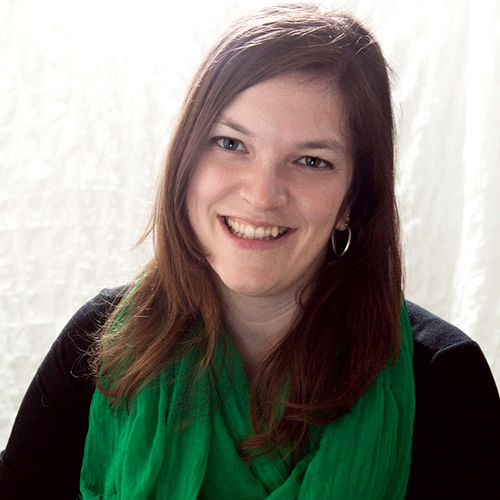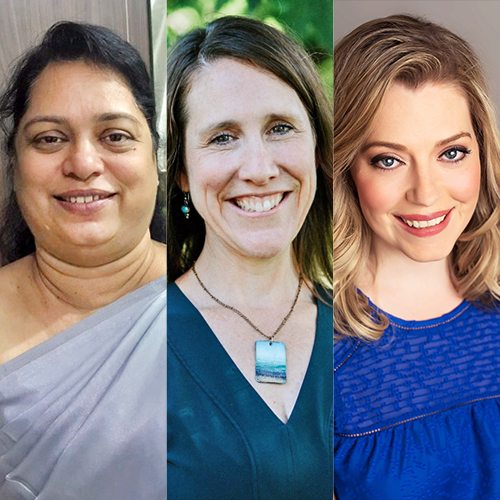 IBCLC Detailed Content Outline: Clinical Skills Focused CERPs - Section VII
IBCLC Detailed Content Outline: Clinical Skills Focused CERPs - Section VII
Access CERPs on Clinical Skills for the IBCLC Detailed Content Outline recertification requirements. Enjoy convenient on-demand viewing of the latest Clinical Skills focused IBCLC CERPs at your own pace.
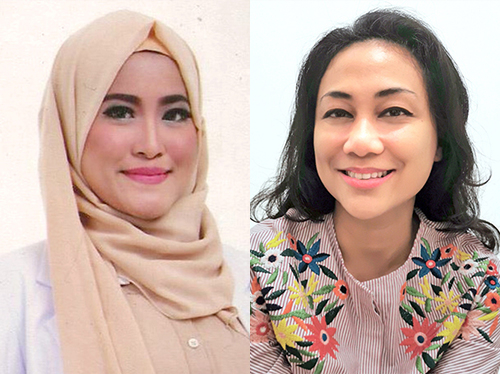
Clinical Case Studies: Ankyloglossia in Babies With Marasmus and Kwashiorkor

Okky Nafiriana, MD is a member of Praborini Lactation Team, Indonesia.
She believes breastfeeding is the best way to feed and nurture baby.
But breastfeeding not always comes easy. Experienced breastfeeding her 2 daughters who were born with tongue and lip tie, made her realize the problems came with the ties and support frenotomy.
She currently works as a lactation counselor in Permata Depok Hospital and Puri Cinere Hospital, Indonesia, where she meets parents and educates the benefit of breastfeeding. She loves to study and currently pursued her dreams to deepen her knowledge in lactation.
Ratih Ayu Wulandari, MD, IBCLC is a
member of Praborini Lactation Team, Indonesia.
She believes breastfeeding is the best way to feed and nurture baby, therefore she became a breastfeeding counselor in 2012 and then IBCLC in 2014.
Experienced breastfeeding her three tongue-tied babies, she understand the pain and support early frenotomy.
She is practicing frenotomy for tongue-tie and lip-tie in Puri Cinere Hospital Depok Indonesia and a private practice. Her publications are including articles for international journal and books for mothers. Japan society of ADEL acknowledges her as Specialist of ADEL (Ankyloglossia with Deviation of Epiglottis and Larynx).
Successful breastfeeding depends on an infant’s latching onto the mother’s breast correctly. A poor latch will cause insufficient milk transfer that will cause poor growth. Each type of mammals produces different components of milk which make it species specific, which adjust to their needs, growth rate and breastfeeding habits. Human breast milk has many benefits for human babies because it contains various substances both as nutrition and as protection.
The authors present two infants who suffered ankyloglossia, which hindered the baby’s ability to breastfeed and eat solid food. These babies were diagnosed with marasmus and kwashiorkor (severe malnutrition). After revision of both the lip- and tongue-ties, supplementation with pasteurized human milk donor, and good complimentary feeding the babies finally reach an optimal growth and development. Learn more about how these two cases were managed to bring the babies back to health.
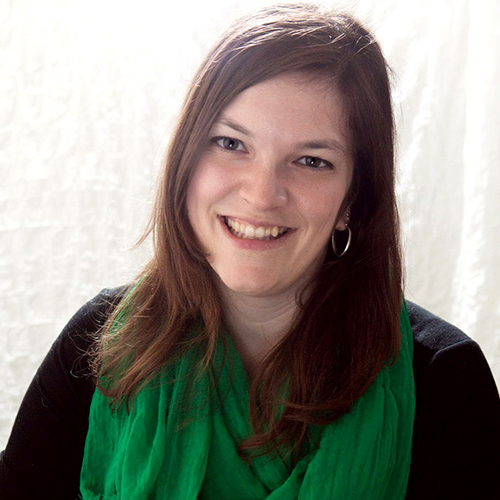

Julie Matheney knew when she was ten years old that she wanted to feed babies for a living. She earned her Masters in speech-language pathology and has worked with feeding and swallowing disorders for over a decade. While most people assume speech therapists teach children who stutter or work on ""r's and s's"", the bulk of her job is feeding and swallowing as part of a hospital based, rehabilitation team. The same things you speak with, you eat with! Over the past decade working in the NICU, she discovered her passion for working with breastfeeding families and became an IBCLC in 2018.
She transitioned out of the hospital in July 2021 and currently works full time in private practice as a lactation consultant in Los Angeles. She enjoys helping the whole family in the feeding process to meet their goals.
Her loving husband is always supportive of her in her vocational passions and was instrumental in launching her private practice. She has two young daughters, both of whom were exclusively breastfed until two years old.
Topic: Overcoming Challenges to Feeding: Supporting Parents with Physical, Mental or Socioemotional Differences - Part 1 - [View Abstract]
Topic: Overcoming Challenges to Feeding: Supporting Parents with Physical, Mental or Socioemotional Differences - Part 2 - [View Abstract]
The human body is intricate and fascinating. Anatomy (what it looks like) determines physiology (what it does). Sometimes anatomy, because of its variable nature, can cause changes in anticipated physiology which results in clinical symptoms. This presentation focuses on how symptoms give us clues about anatomy and physiology of the breast through the lens of several clinical case studies.
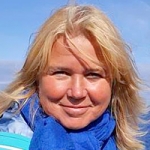
Closeness and Separation and Its Importance for Parenting and Feeding in NICUs

Renée Flacking is Associate Professor and the leader for Reproductive, Infant and Child Health (RICH) at the School of Education, Health and Social Studies, Dalarna University, Sweden. Renée has a background as a Paediatric Nurse, having worked in a Neonatal Care Unit for more than 10 years. In 2007, she received her PhD in Medical Science, Uppsala University: Breastfeeding and Becoming a Mother – Influences and Experiences of Mothers of Preterm Infants. In 2009-2010 she undertook her PostDoc, conducting an ethnographic study in neonatal units in Sweden and England focusing on infant feeding and relationality. Renée has published more than 40 articles on neonatal care and is the Editor, together with Professor Fiona Dykes, for the book Ethnographic Research in Maternal and Child Health, Routledge. Renée’s main research interest is in the area of parenting and feeding in families with preterm infants focusing on emotional, relational and socio-cultural influences.
This presentation highlights the impact of separation and closeness on the parent and infant but also the impact of the design in neonatal units on breastfeeding/feeding and relationships. Most neonatal units across the world are designed as Open-bay units with little privacy and few means for mothers to stay in close proximity with their infants. Such units are challenging for parents and even more so in terms of breastfeeding support. With single room units, new challenges appear and hence new strategies need to be sought. Through consideration of the literature and by examples from different studies I will try to illuminate the impact of neonatal units’ design on feeding and parenting.

View Details / Enroll

View Details / Enroll
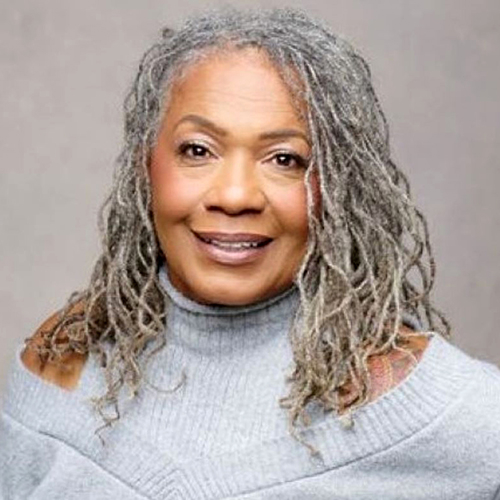

Tanya Singleton is a registered nurse with over 35 years of experience in Maternal-Child nursing. More than half of that career was as a Labor and Delivery nurse, certified in High-Risk Perinatal nursing. Tanya is also an IBCLC lactation consultant and Lamaze childbirth educator. She retired as United States Army Nurse Corp officer in 2003 and began working in private practice as a lactation consultant and childbirth educator. She has run several community non-profits in the Fredericksburg, Virginia area that dealt with issues related to women’s and children’s health promotion and illness prevention. Tanya is committed to quality education and lifelong learning, and has taught maternal-child and pediatric nursing to students in the Rappahannock Region of Virginia, sharing her various clinical anecdotes in classroom and in labs. She is an advocate for Perinatal Grief Support and early detection of post-partum depression. She is owner and proprietor of The Baby Whisperer, providing in-home support in childbirth education, breastfeeding and parenting. She is the mother of a blended family of five adult children and Nana to three.
Topic: How to be Part of the Solution: The Effects of Intergenerational Trauma on Perinatal Persons of Color - [View Abstract]
Effective communication in support of breastfeeding families requires a multi-faceted approach and must circle back to evaluate its impact on the mother, her infant, and her definition of family. All healthcare providers in this loop must recognize the importance of delivering compassionate, culturally appropriate communication which includes active listening, timely and sensitive non-verbal and verbal cueing. Written communication should be in a format that is appropriately accessible to the mother and significant others.

View Details / Enroll
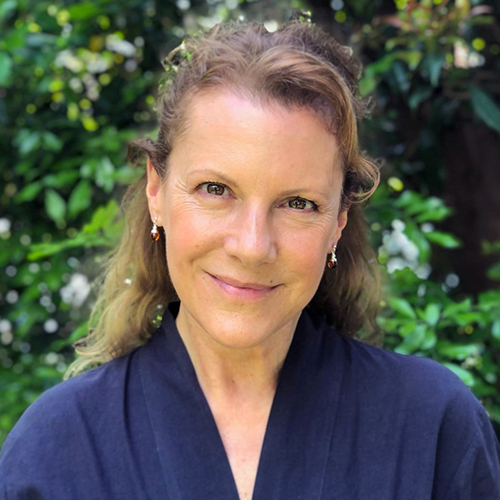

With over 25 years’ experience as a relationship counsellor, parents’ group facilitator, mental health educator, partner and mum, Elly Taylor has become an internationally known parenthood preparation and perinatal relationship expert and the award-winning author of Becoming Us. Elly’s passion is preparing parents for a happy and healthy family—at any stage in their parenthood journey, and especially in a challenging world. Her Becoming Us approach includes fathers and partners in all aspects of pregnancy, birth and beyond, harnesses the attachment bond between couples to stabilise them through the life changes and challenges of parenthood and links both parents into community services to support the mental, emotional and relational wellbeing of the whole family.
Elly has served as an advisor for numerous university research projects and her ground-breaking Becoming Us developmental framework has now become a comprehensive multi-disciplinary education and professional training and courses for parents. In a full circle moment, Elly recently trained midwives, allied health and therapy professionals in her local community and now Becoming Us Nest Building Sessions are preparing expectant parents in the hospitals where her children were born. Elly lives in Sydney, Australia with her firefighter husband, their three kidults and an abundance of pets.
Topic: Communication and Conflict - How Connection Supports Both - [View Abstract]
Topic: Including Fathers and Partners to Support Perinatal Mental Health and Marriages - [View Abstract]
Communication is the lifeblood of relationships but much more challenging than most people realise, especially during the perinatal period. The closer the relationship, the more challenging effective communication can be. Things just seem to get in the way. Feelings are hard to talk about. Effective, meaningful communication is much more than just the exchange of information. What’s your intention? What is the impact of the words you choose? What do the other person’s words, intention and impact mean for you and your relationship with them?
Communication is both an art and a science. It starts with connection. Connection facilitates communication: connection with yourself gives you the awareness, skills and confidence to say what you want to say, how you want to say it. Connection also helps you to deal with what your words evoke inside the person you’re talking with.
In this presentation you’ll discover why connected communication is so important, the barriers to achieving it, and the benefits, for yourself and others, of communication as a pathway to strengthening and deepening relationships, creating stability through change, and finding meaning and direction in the sometimes overwhelming and confusing landscape of new parenthood.

View Details / Enroll
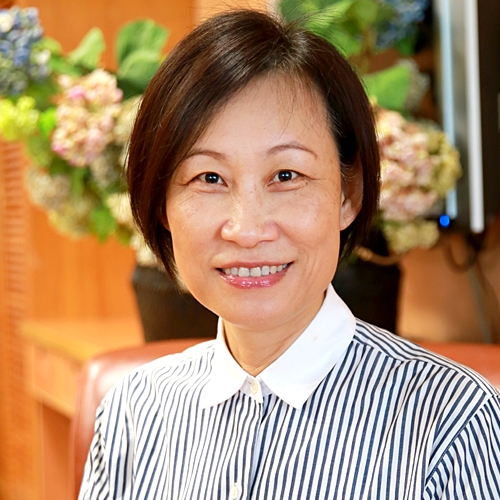
Communications/Connection and Conflict Resolution Within the Extended Family

I am the mother of three breastfed children. Certified as an IBCLC in 2007, the next year, in 2008, setup the first IBCLC clinic in the medical center in Taiwan. As the President of the Chinese Lactation Consultant Association from 2015 till now. I have been teaching in the university for 30 years and as a part-time associate professor in the Department of Midwife & Women Health, National Taipei University of Nursing and Health Science, Taiwan now. After I retired from the university, I fund and as the CEO of WELL International Co., aims to promote the three-stages certification of profession lactation support competence.
Topic: Communications/Connection and Conflict Resolution Within the Extended Family - [View Abstract]
One of the biggest differences between Eastern culture and Western culture the tight connection of family. In Eastern culture, there is a traditional culture for postpartum practice called “doing the month (DTM) ”. Including dietary taboos, lifestyle restriction, such as No hair washing, no bathing, and also parental self-regulation. This kind of confinement is very difficult for the young generation, and it causes a lot of conflicts within family. Based on affection exchange theory(AFE), by using active listening skills to accept the expressions of both parties. To praise ANY behavior whichever is nicer to the other. To facilitate the mutual experiences on positive feelings in the same living target, connecting and caring all people’s needs on-site. Acting is considered as a connector, to emphasize and to enlarge the two parties' commonality. Hence, the consensus building and the making the feasible strategies for a change are necessary.

View Details / Enroll
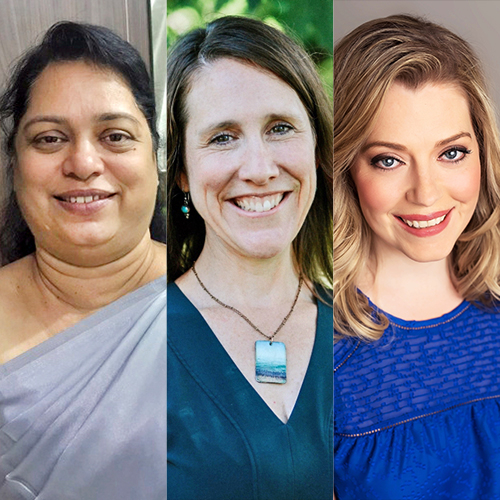

Ruth Patterson is Cloud Nine's P I O N E E R & Most Sought Lactation Specialist with 33 years of rich experience - currently practicing at Jayanagar C9, Bangalore-India and a visiting Lactation Consultant with 9 other Cloud Nine branches locally. She also heads the 24 Pan India Cloud Nine Hospitals as the Manager Lactation.
Ruth's 30+ years of rich experience includes maternity, allied health and nursing care, both in rural and urban sector in India & Abroad. Her exclusive 18 years of experience in Lactation services, she has acquired immense practical knowledge in the last decade to identify most critical disorders of mother and babies during breastfeeding stage. She is acclaimed to have expertise in a lesser-known art of re-lactation and induced lactation.
Ruth is known for her ability to identify the most critical issues in Breastfeeding and restore/re-initiate feeds. She is acclaimed for the use of Dynamic Taping (only available at Jayanagar C9) that arrests/prevents breast surgery/abscess. This Dynamic Taping practice, alongside, a Gynecologist, Pediatrician and Physiotherapist at Cloud Nine, is patented.
Ruth is a well sought out person for patient hearing and provides her expert comments in News columns/Media and also delivers guest lectures.
Allyson Wessells is a physical therapist, International Board Certified Lactation Consultant and co-owner of Nurture Columbus, in Columbus, Ohio. She completed a Bachelor’s degree in Biology from Ohio University in 1997, and Master of Physical Therapy degree from Northwestern University in 1999. After having a child in 2007, she volunteered as a La Leche League leader. She discovered a love for supporting new parents but a gap in lactation care, which led her to become an IBCLC in 2014. Her clinical approach to identifying and overcoming feeding challenges is unique with physical therapy foundations in posture, movement and reflexive function. Through presentations she endeavors to engage IBCLCs to know more about movement as related to human lactation, and PTs to learn about breastfeeding/chestfeeding as related to human development. As past-president (2019-2021) of the Ohio Lactation Consultant Association, she also advocates for equitable access to and health plan coverage for lactation care.
Meghan McMillin holds a Master’s Degree in Human Nutrition from the University of Illinois at Chicago. She has been a Registered Dietitian Nutritionist (RDN) since 2013 and became an International Board Certified Lactation Consultant (IBCLC) in 2019
Meghan spent 5 years working clinically in the NICU, pediatric floor and women’s units of a local hospital. In 2019, Meghan started her own private practice and consulting company, Mama & Sweet Pea Nutrition, with a focus on postpartum and infant care. The mama to two young kids with food allergies, helping other families manage food allergies, whether it’s while breastfeeding, during the introduction of solids, or later in childhood, is her passion.
Meghan is a member of the International Lactation Consultant Association and the United States Lactation Consultant Association. She enjoys sharing her knowledge through social media, freelance writing and public speaking. Meghan is the coauthor of the eBook What To Eat When Your Baby Can’t Tolerate Milk, Soy, or Egg Protein; Nutrition guidance for avoiding milk, soy, and/or eggs while lactating.
Meghan has presented both nationally and internationally including for GOLD learning, the National WIC Association and the Academy of Nutrition and Dietetics. In 2020, Meghan was awarded the Emerging Professional in Women's Health Award from the Women's Health Dietetic Practice Group of the Academy of Nutrition and Dietetics.
Meghan lives with her husband and two children outside of Chicago, IL. In her spare time she enjoys working out, allergen-free baking and having dance parties with her kids in the kitchen.
Creating a more connected, coordinated and collaborative healthcare experience closes gaps and promotes comprehensive parent centered care. This panel will explore the benefits, challenges and practicalities of working within a collaborative model of health care for lactation professionals We will explore topics such as how to establish relationships with other professionals, different models of collaborative care, potential barriers and what to do when there’s no one to refer to, scope of practice and liability and how to keep the parent as the director of their care.

Connection Over Perfection: Practical Strategies for Supporting Challenging Parents

Elizabeth M. Johnson, MA is a trauma educator and peer support advocate in private practice. She helps people understand how sexual abuse affects sexual and reproductive health. She looks at how sexual abuse affects breastfeeding for example but also how traditional sex education ignores issues like how past abuse affects consent, teen pregnancy and risky behavior. Using a trauma lens, Elizabeth talks about everything sexual health related from Asking (about abuse) to Z(zzzz's) and everything in between. Elizabeth is the only educator in the world specializing in training and consulting on this topic.
In addition to training, speaking and consulting, Elizabeth has facilitated a free, weekly peer support group for sexual abuse survivors for over three years. She holds a Masters of Arts degree in Womens Studies from Southern Connecticut State University. Elizabeth identifies as a rape survivor and has worked with survivors since 2005. She lives in Durham, NC with her family.
Topic: When Breast Isn't Best: Challenges and Opportunities In Breastfeeding for Sexual Abuse Survivors - [View Abstract]
Have you have ever…
…felt as if a new parent wasn't listening or even trying to sabotage your good efforts?
or
…suspected something is off or wrong because you can't get through to the person in front of you?
If so, this session is for you!
While the postpartum period is a vulnerable time for all new parents, parents with a trauma history and / or living in toxic stress can be especially challenging. The good news is that breastfeeding professionals and peer support advocates are in an optimal position to be effective and confident with these parents. Participants will learn why and how something as common as a trauma history can disrupt their good work.We will discuss trust-building practices, common mistakes to avoid and how to be effective with even the most "high needs" people. This is the practical, skills-building session that you're looking for.

View Details / Enroll
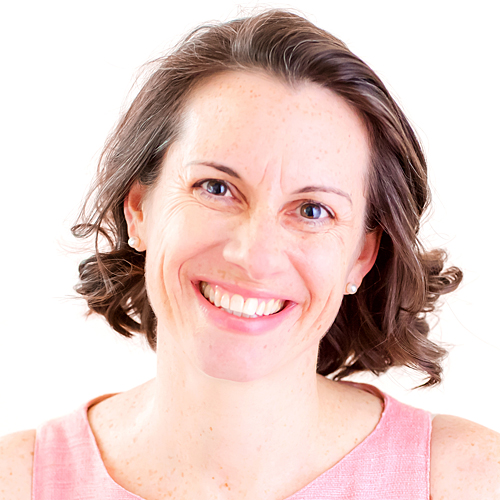
View Details / Enroll
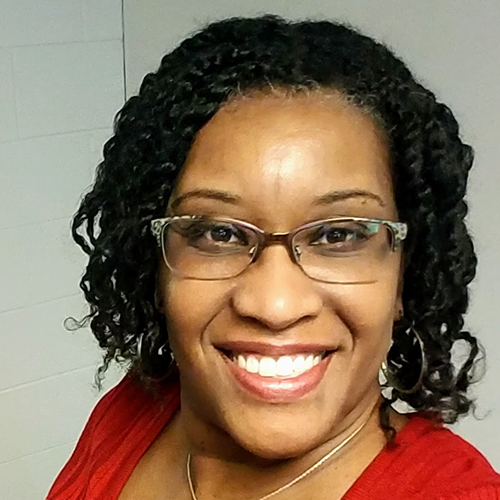
Counseling and Anticipatory Guidance to Reduce Perceived Insufficient Milk Production

Tameka Jackson-Dyer is an International Board-Certified Lactation Consultant (IBCLC) and Community Health Worker whose passion is community outreach. She holds a Bachelor of Applied Science in Health Studies from Siena Heights University, several lactation certifications and has been in the field for almost 20 years- honing her counseling and clinical skills in WIC agencies, OB/Gyn offices and Baby Friendly hospitals throughout the metro Detroit area. Her work as Manager of Community Collaboration with Coffective and consulting work with the EMU Center for Health Disparities, Innovations & Studies on their CDC/REACH and NACCHO grants- allows her to provide a voice for the populations who are historically underrepresented in conversations about breastfeeding support. To ensure she reaches as many families in her community as she can, the wife and mother of three owns a private practice, Crazymilklady Lactation Support Services, LLC, serves as Chair of the Metro Detroit/ Wayne County Breastfeeding Coalition, is a co-founder of the Southeast Michigan IBCLC’s of Color and volunteers as a Sisterfriend mentor with the Detroit Birthing Project.
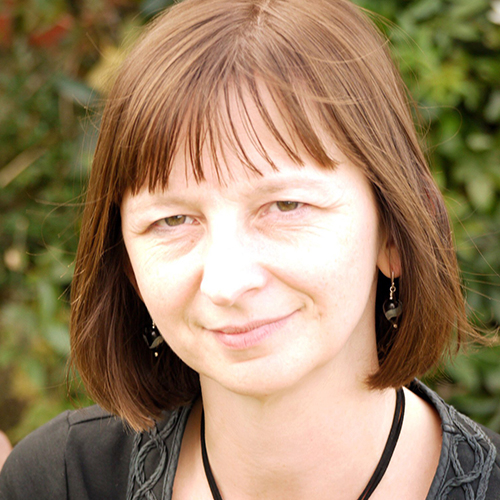

Sarah is a Registered General Nurse, Health Visitor, International Board Certified Lactation Consultant and Tongue-tie Practitioner with a busy private practice based in Cambridgeshire, UK. Sarah worked as a volunteer breastfeeding counsellor for the Association of Breastfeeding Mothers for several years and continues to run a weekly breastfeeding support group as a volunteer. Sarah is a founder member and former Chair of The Association of Tongue-tie Practitioners in the UK and is the author of the book, ‘Why Tongue-tie Matters’. She offers an online course in tongue-tie and infant feeding in association with Babyem and provides education on infant feeding and tongue-tie for healthcare professionals and breastfeeding supporters in the public, private and volunteer sectors.
Topic: Is This a Tongue-Tie: How Do We Decide? - [View Abstract]
Topic: The Elephant In The Room - Bleeding Post Tongue-Tie Division - [View Abstract]
This presentation will examine the impact Covid 19 had on infant feeding and in particular the provision of tongue-tie services in the UK and other parts of the world during the period March to September 2020. It will look at the impact changes in provision had on the infant feeding experiences of families. It will also explore how practitioners managed services during the pandemic and what the lasting effects on those services have been. Specific concerns around transmission of Covid 19 during oral procedures will also be considered. Consideration to lessons learned will be given.




